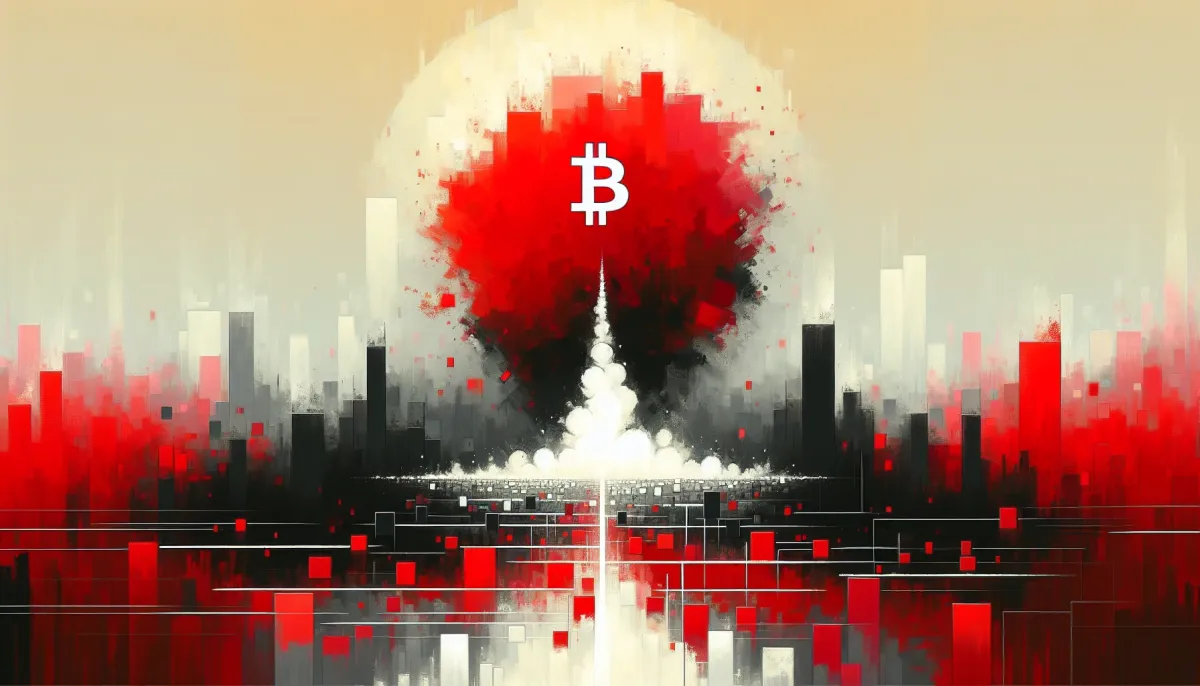China provided significant support for US President Donald Trump’s major cryptocurrency project, TRUMP. During its launch weekend, trading activity was largely driven by Chinese traders and exchanges.
On Saturday, January 18, at around 9 PM New York time, Trump launched TRUMP on Solana’s blockchain through a platform called Moonshot. This platform allows users to buy and sell using both cryptocurrency and traditional money, like credit and debit cards.
Initially, TRUMP appeared on non-custodial exchanges like Jupiter and Raydium. The token quickly jumped from below $1 to over $75 in just one night. This surge gave it a market valuation of $75 billion based on its total supply of 1 billion tokens. By Sunday morning, TRUMP had become the second-largest memecoin in the world, right behind Dogecoin (DOGE). Centralized exchanges rushed to list it, with China leading the way.
Although the first ten hours of trading occurred during the night in the US, it was daytime in China. This meant that many Chinese traders were actively participating in the market, which helped TRUMP’s launch succeed. Executives at Chinese exchanges welcomed the token and the substantial trading commissions it generated, allowing local traders to benefit.
By late Saturday (which was Sunday in China), the top centralized exchanges for TRUMP included Bybit, Bitget, KuCoin, MEXC, HTX, and LBank. Now, the leading exchanges by trading volume for TRUMP are Binance, BiKing, Giottus, HTX, and OKX. Most of these platforms were founded by Chinese nationals and have large customer bases in China.
The influx of Chinese investment into Trump’s crypto project presents a striking contrast for his American supporters. Trump has long criticized China. He has been vocal about his views, even during his inaugural speech, where he condemned China’s management of the Panama Canal and promised to retract the US commitment to relinquish control over it.
The launch of TRUMP on the Solana blockchain is a fascinating example of geopolitical irony. Despite the ongoing competition between Washington and Beijing, Chinese exchanges and investors played a crucial role in the token’s debut.

